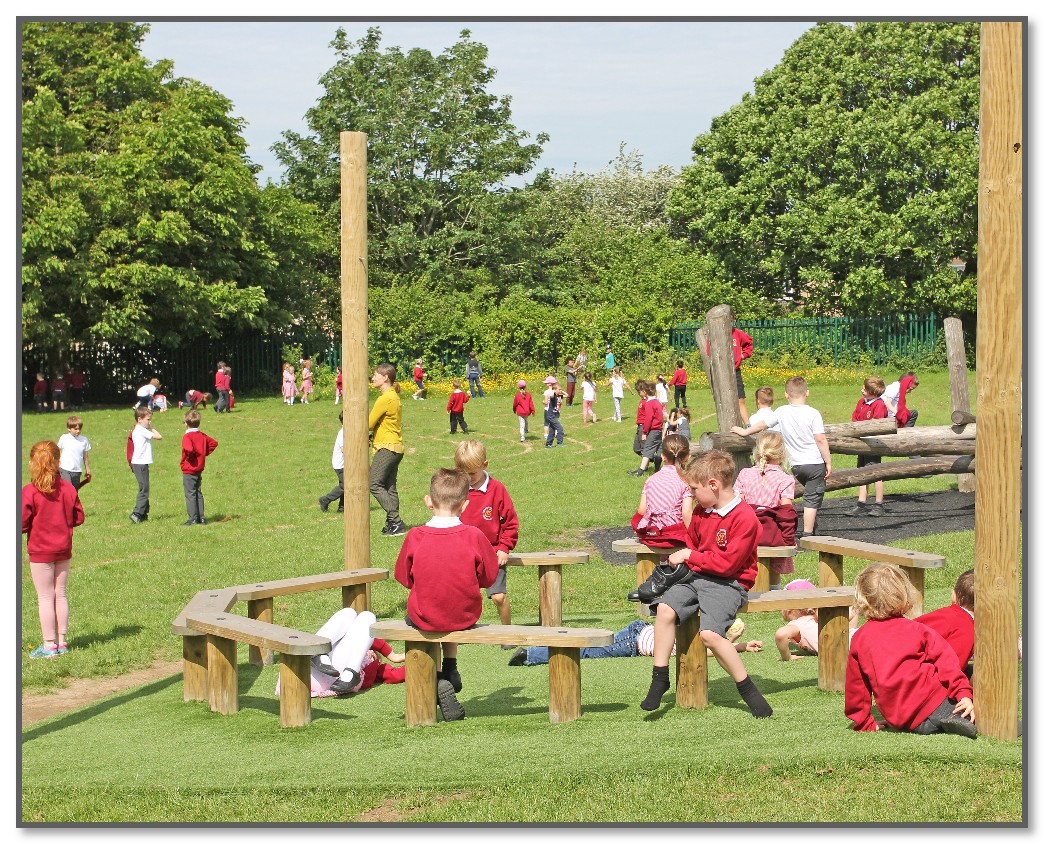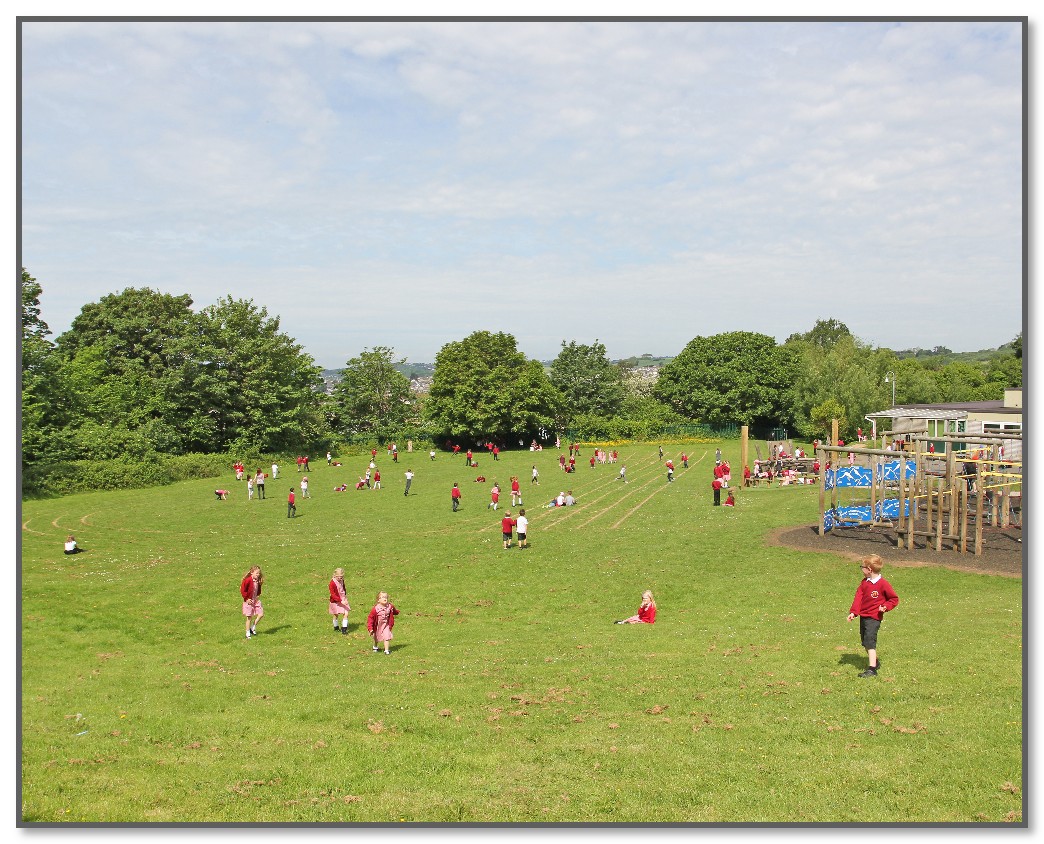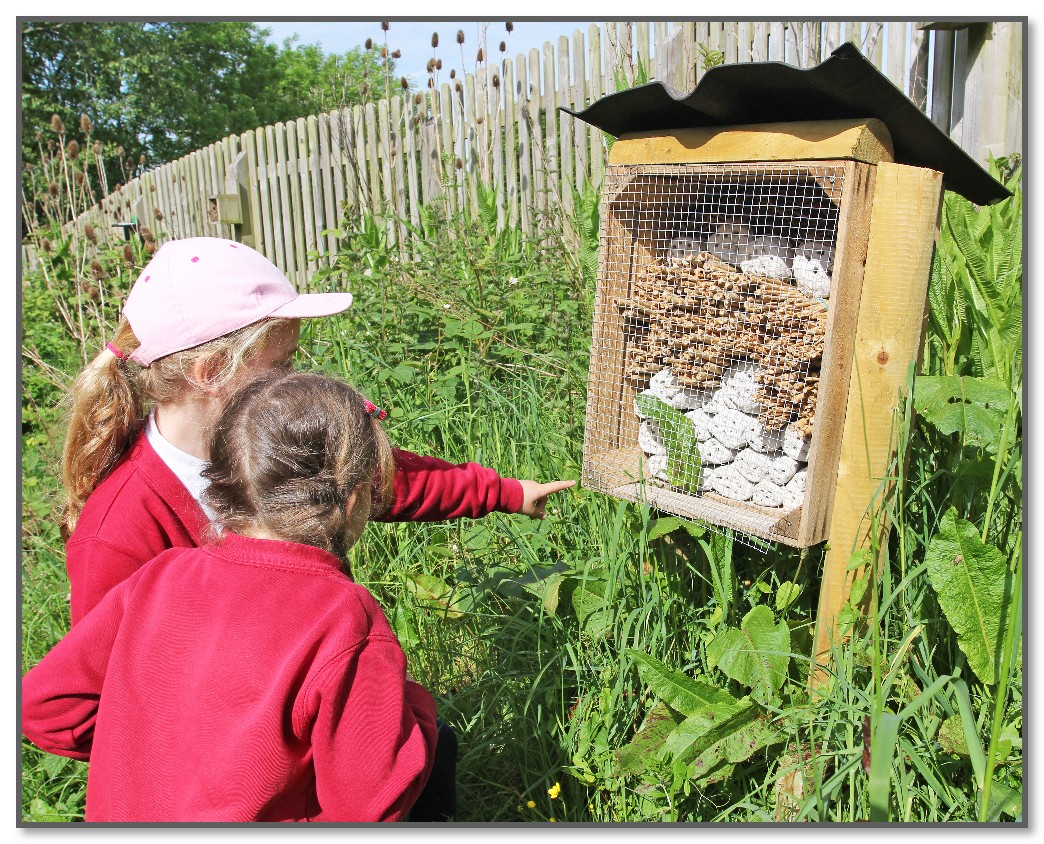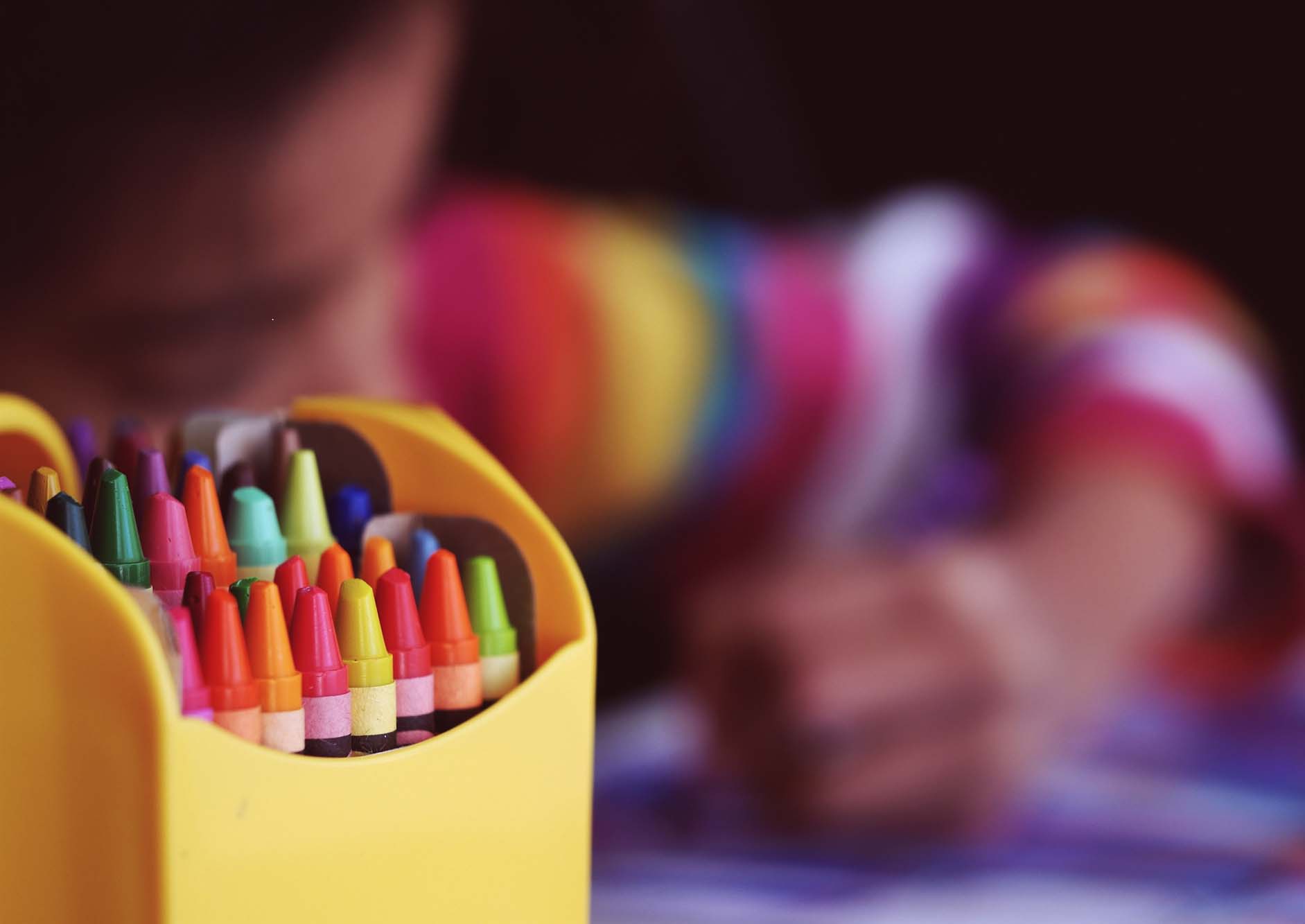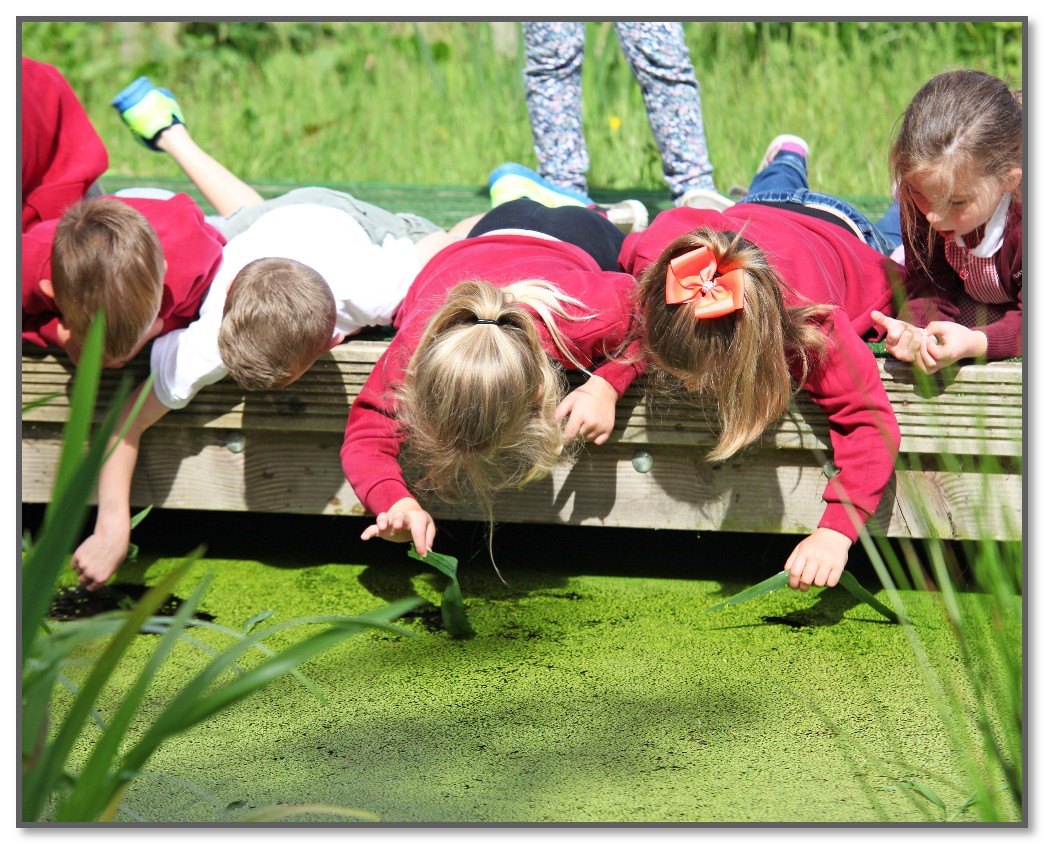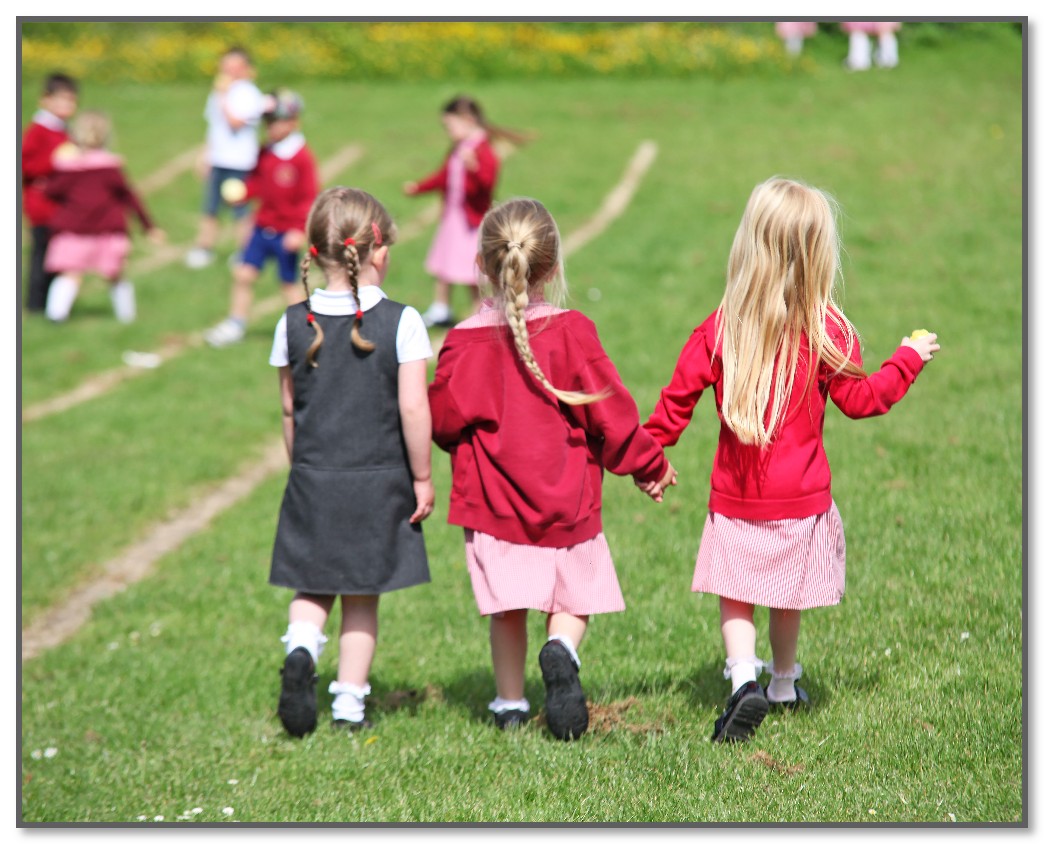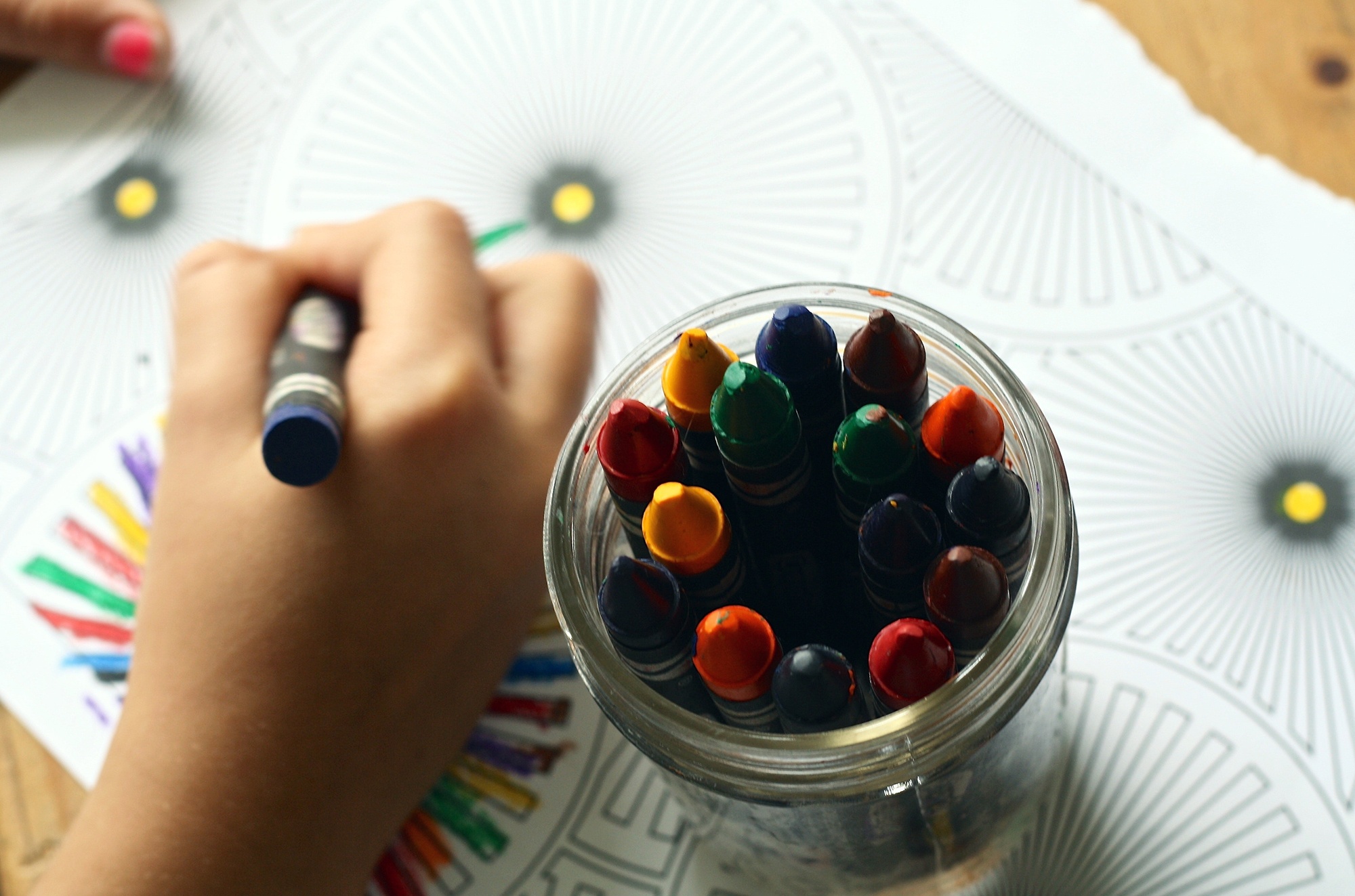Ofsted
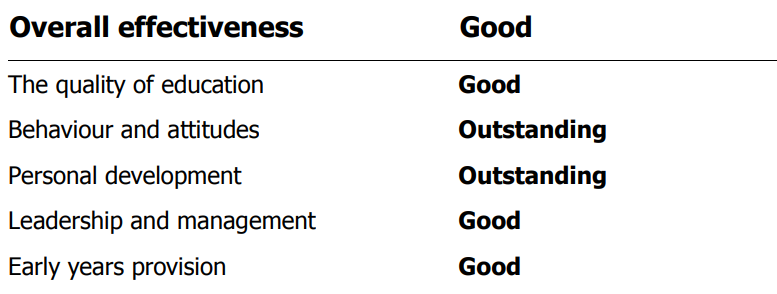
In our most recent Ofsted Report (November 2022), inspectors commented:
Pupils at Chaddlewood are curious and inquisitive. They are proud to attend the school. Pupils share many examples of teachers ‘inspiring a love of learning’. One pupil commented ‘school is like home’, to exemplify the strong relationships that exist throughout the school community. Pupils feel safe and secure. They do not worry about bullying. Pupils know that all adults in school are there to care for them. Playtimes are harmonious. Pupils act as play and sports leaders to help everyone get along, communicate well, and have fun.
Leaders prepare pupils very well for their future. Pupils understand that differences make everyone unique. They respect, and show interest in, the opinions of others. Pupils learn about discrimination. They say that it does not happen in this school and teachers would not tolerate it. Leaders ensure the taught curriculum helps pupils to identify and challenge prejudice. Pupils have a strong sense of justice. The ’Chaddlewood-50 things to do before you are 11 ¾’ helps pupils to keep healthy and learn about the world beyond the school locality. Pupils are polite and behave exceptionally well. They show an impressive level of respect and tolerance of others. Adults consistently model expected behaviours. Pupils say the behaviour policy is fair. They take responsibility for their actions. Pupils show very positive attitudes to learning. They strive to be the best that they can be. Older pupils sensitively guide younger pupils and show them how to behave well. Pupils attend well because they value learning.
Leaders foster pupils’ love of reading well. Corridors are abuzz with pupils discussing their favourite books. They talk with confidence about why reading is important. Pupils benefit from a well-considered approach to phonics. Leaders provide training that helps all staff to understand the phonics programme. Staff skilfully spot pupils who need extra help and support them to catch up quickly. Pupils read books that contain the sounds they know. This helps them to develop fluency. Children in the early years enjoy listening to familiar stories and rhymes. They often use books to influence their role play. Parents receive helpful information about the school’s approach to phonics.

